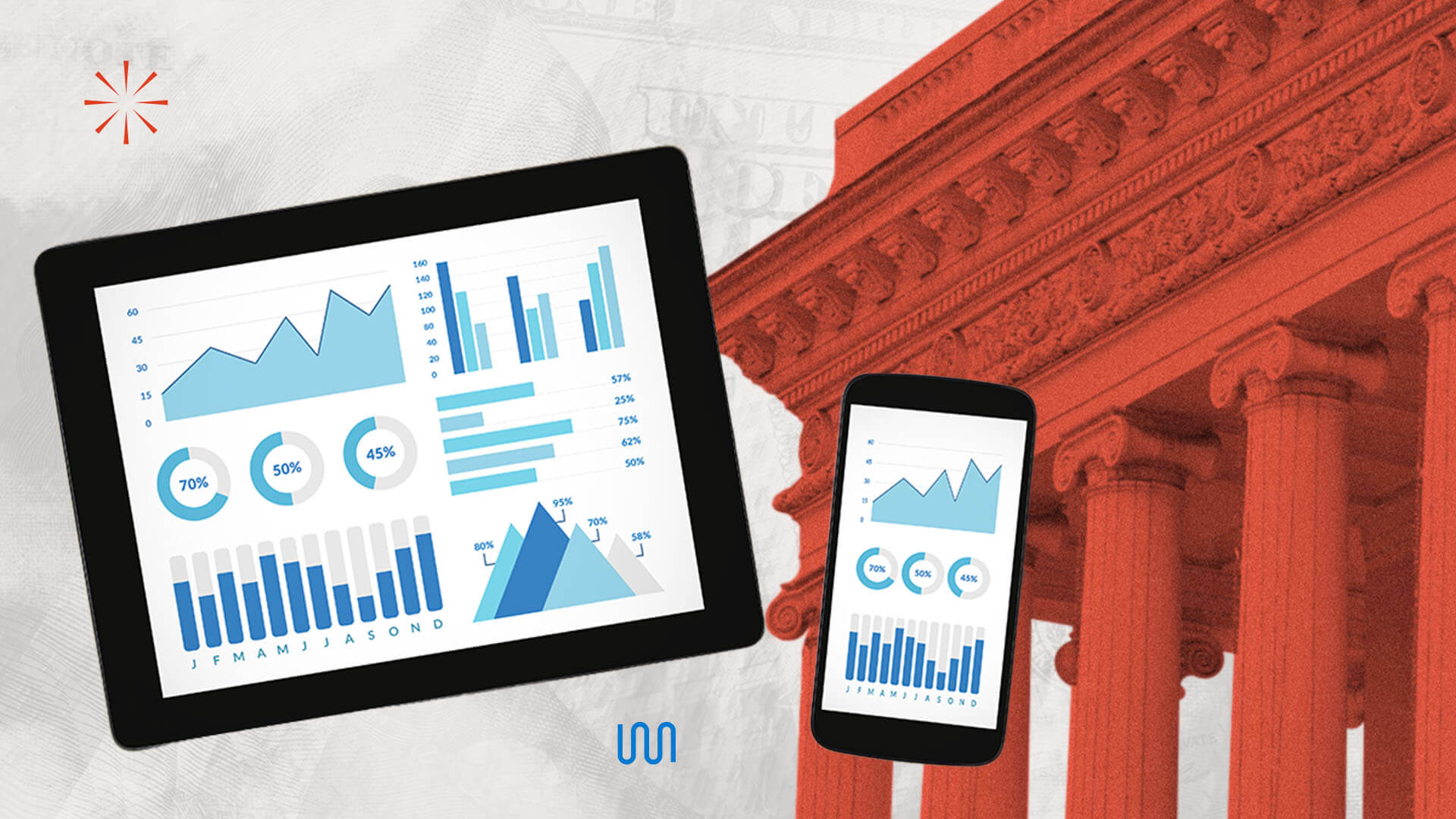
Innovation drives things forward no matter the industry that is on the receiving end.
In finance, innovation over the last decade has seen how financial institutions, banks, and lenders interact with their customers and provide financial services change exponentially.
Innovations to working processes have meant faster lending decisions, better fraud detection, and the ability to open bank accounts instantly. This helps to ensure a seamless and convenient way to manage funds whenever and wherever customers are.
Thanks to advancements in technology, the process of receiving any form of borrowing from loans, mortgages and credit cards have become much more streamlined for the lender to provide while allowing them to remain vigilant with compliance checks for the benefit of customers.
At the forefront of this is advanced machine learning that is in continuous development and looks set to continue to innovate the financial and banking sectors over the next few years. In 2019, the Bank of England (BoE) and Financial Conduct Authority (FCA) surveyed 300 firms [1] that included banks, credit brokers, online lenders, and many other financial services about the development of machine learning and its use amongst them. It found that 75% of them already use machine learning in some form. A third of machine learning applications are used for a considerable share of activities in specific areas such as banking or insurance.
So, where is machine learning most prominent, and how will it continue to change the face of finance forever?
The machine learning difference
At a basic level, machine learning is a sub-category of artificial intelligence that can perform tasks that use little or no human intervention. In terms of finance, this means it can analyze large data sets, detect patterns and solve problems quickly. It can also help generate analytical insights, support new products and services, and help consumers benefit from more tailored, lower-cost products. For lenders, this means they can become more responsive and effective in the products and services they provide. But what areas are seeing the most significant advantages?
Machine learning has helped to make fraud and money laundering detection a much more straightforward and effective process. Being able to reassure customers that the threat of fraud is constantly monitored and detected quicker than ever before is valuable in retaining customer trust. Machine learning helps this by providing real-time analysis of account activity, learning what is normal behavior on a customer's bank account, for example, and what is more suspicious such as a large withdrawal or payment, especially in a different country or from another device. This use of advanced machine learning has changed how quickly fraud can be flagged without waiting for a customer to report it or a bank employee to spot it manually.
In terms of customer service and client care, the rise of automated responses from live chatbot services or the implementation of Robo-advisors has revolutionized this area. With customers able to interact with a computerized service that learns from any previous interactions they may have had with it, it means someone can find the information they need on their finances much quicker and accurately than before – all whilst having a human-like interaction.
Credit risk management is another area that has benefitted from advanced machine learning processes. By gathering data and alerting clients of any trends and potential risks before they happen, it means companies using it can provide much more accurate market forecasts.
In 2019, Barclays announced a partnership with Simudyne to help evaluate new risk mitigation, with the bank able to develop computer models that simulate millions of future scenarios so that they can assess how they perform before implementing for real.
Evaluating a new customer's credit risk in consumer lending has become quicker and more accurate than ever. Equifax, in March 2018, unveiled a new machine-learning credit scoring system, designed to utilize network modeling to assist clients when assessing risk, called NeuroDecision Technology. The idea is that it will help lenders approve more consumers for credit without taking on additional risk.
The future for automation
The advancements of technology have meant that many job roles within the financial sector could disappear in the coming years without human interaction. According to Microsoft, nearly 72% of banks, insurance firms and other financial institutions use artificial intelligence, increasing 7% in a year [2]. Many of the processes involve automation, which rose by 16%.
By 2025, it's predicted that machine learning, deep learning and cognitive analysis will replace 230,000 jobs within investment banking, according to management consultancy firm Opimas, with 90,000 jobs lost in asset management [3]. Many time-consuming administrative tasks are expected to benefit from the advancement of machine learning AI, but this means whilst productivity increases, many jobs could become automated. Research from Price Waterhouse Coopers (PwC) found that 30% of jobs in finance and insurance were at risk of automation by 2029, with 50% of all clerical roles facing automation [4].
As the advancements continue to change the way consumers and companies interact forever, it will be interesting to see how many automated predictions from machine learning processes become a reality.
Sources:
1 – https://www.bankofengland.co.uk/report/2019/machine-learning-in-uk-financial-services
2 – https://news.microsoft.com/en-gb/2019/10/01/financial-sector-leading-the-way-in-using-ai-microsoft-report-reveals/
4 – https://www.pwc.com/hu/hu/kiadvanyok/assets/pdf/impact_of_automation_on_jobs.pdf
Equifax launches NeuroDecision Technology
Barclays partners with Simudyne
https://home.barclays/news/2019/7/insights–how-barclays-is-predicting-the-future-/
This article was written by Noor from TechBullion and was legally licensed through the Industry Dive publisher network. Please direct all licensing questions to legal@industrydive.com.


